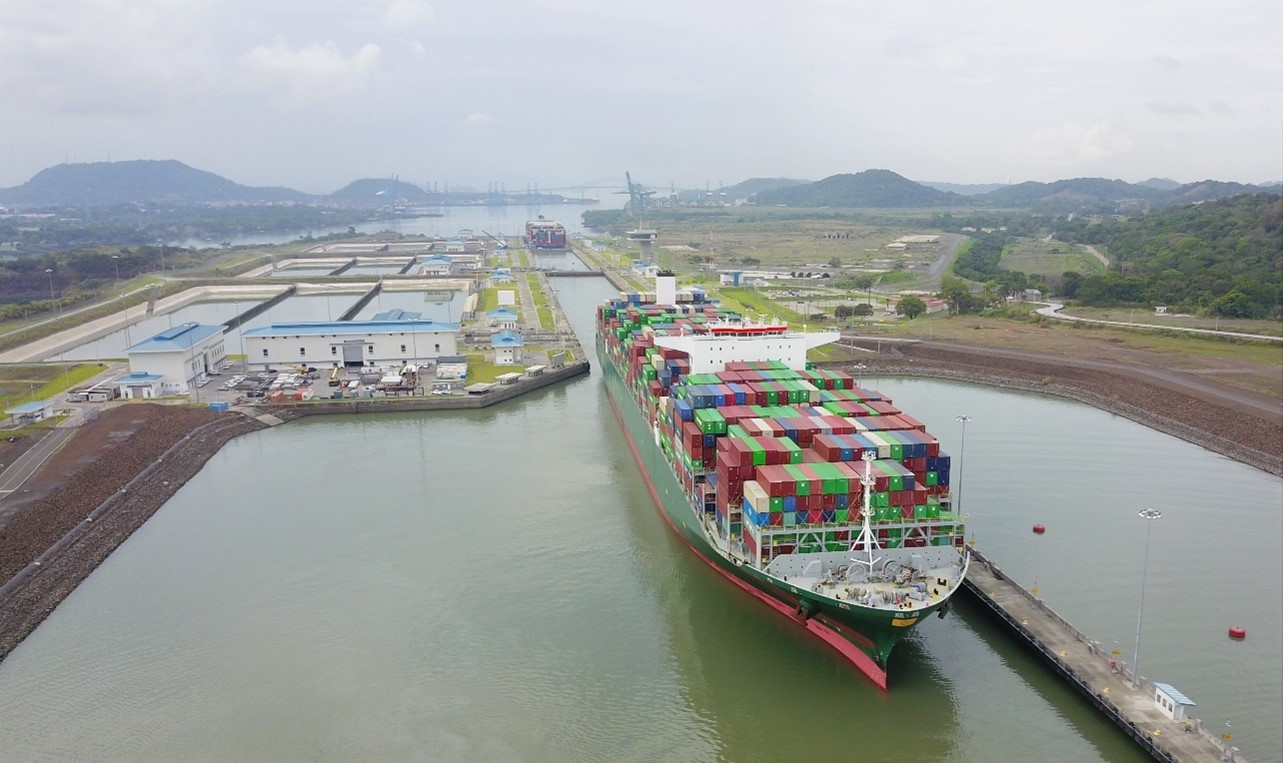
Panama Canal chief warns $23bn ports deal could threaten canal neutrality
PANAMA CITY : The head of the Panama Canal Authority has raised fresh concerns that a $23 billion global ports deal could jeopardize the neutrality of one of the world’s most strategic trade routes, warning that it risks giving an unfair advantage to a single shipping group, the Financial Times reported.
The proposed sale of 43 ports by Hong Kong-based CK Hutchison to a consortium led by subsidiaries of the Mediterranean Shipping Company (MSC) and BlackRock has alarmed the canal’s leadership, which fears that MSC’s growing control over global port infrastructure could distort competition and undermine the canal’s principle of neutrality.
“There is a potential risk of capacity concentration if the deal comes the way it is structured as we understand right now,” said Ricaurte Vásquez, Panama Canal Authority administrator. “If there is a significant level of concentration on terminal operators belonging to an integrated or one single shipping company, it will be at the expense of Panama’s competitiveness in the market and inconsistent with neutrality.”
Panama caught in US-China trade tensions
The canal’s neutrality, enshrined in a treaty between the US and Panama, has come under renewed scrutiny as President Donald Trump has repeatedly threatened to “take back” control of the waterway, citing concerns about growing Chinese influence in the region. Hutchison currently operates two of the five ports adjacent to the canal, a point of friction for Washington.
Canal explores new business opportunities
Rather than wait passively for the deal’s outcome, Vásquez said the canal should seize the moment to expand its own role in the region’s logistics landscape. One option under consideration is reactivating a long-stalled project to build a container terminal at the Port of Corozal, located at the Pacific end of the canal.
“Instead of feeling sorry about the situation… this is a great opportunity to put a proposal on the table,” Vásquez said.
A record drought in 2023, which severely disrupted canal operations, has already pushed the authority to diversify both its water resources and business lines. A recent ruling by Panama’s Supreme Court returned land near the canal to the authority, giving it additional options for expansion.
One project under review is the construction of a pipeline along the length of the canal to transport up to one million barrels per day of liquefied petroleum gas (LPG). Under the plan, tankers would offload LPG and ethane at the canal’s Caribbean entrance and transfer the cargo via pipeline to the Pacific side, freeing up canal space for other high-demand shipments such as liquefied natural gas.
Navigating US political pressure
The canal is also facing continued pressure from the Trump administration. Washington has requested that US government ships be allowed to transit the canal for free—an option Vásquez rejected as incompatible with existing rules.
“Free is not an option as presented,” he said. “Let’s discuss it. But the treaty is law in Panama, and it’s rule of law in the States, so no one can force anyone to break the law.”
As global competition intensifies and geopolitical pressures mount, the canal’s leadership appears determined to safeguard its neutrality while adapting its business model for a more competitive era.

